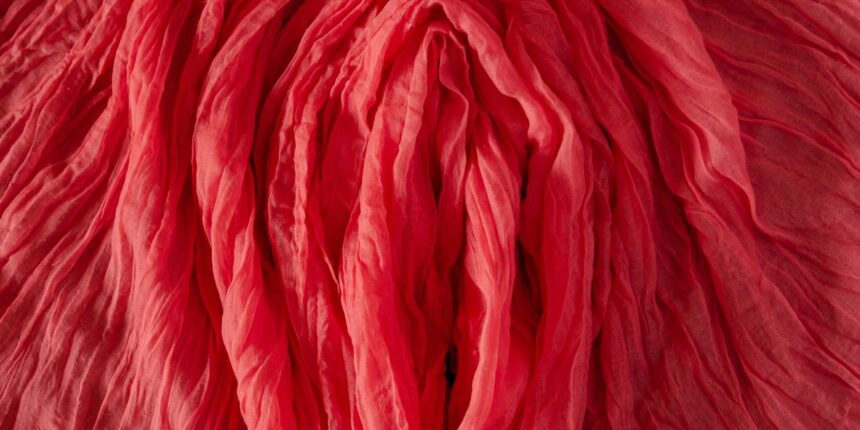The tricky thing is, not all lubes are created equal. Slathering on one that contains glycerin (often found in certain water-based options, particularly flavored or warming ones) can up your risk of contracting a vaginal infection, Kate McClean, MD, MPH, a board-certified ob-gyn in Seattle and chief medical officer at vaginal health care brand Evvy, tells SELF. How? Glycerin is a sugar alcohol that can serve as fuel for the microbes in your nether regions, in particular yeast. While it’s perfectly normal to have some yeast hanging around down there, an overgrowth of it can lead to a yeast infection (which can cause irritation, swelling, and cottage-cheese-like discharge).
What to do instead: Whenever you have sex, use a hefty amount of lube that’s free of glycerin and other potential irritants like alcohol, parabens, petroleum, fragrances, and flavors. There are a bunch of fabulous options on the market that meet these parameters—check out our guide to choosing the best type of lube for your sexual situation as well as our all-time favorite picks.
4. You use any kind of special “hygiene” product in your vagina or on your vulva.
You’ve probably heard that the vagina is a “self-cleaning oven”—and it’s true: It naturally creates its own cleaning solution, which you might know as discharge. So, it really does not need any soaps, wipes, scented sprays, deodorants, or other “feminine hygiene” items of any kind aside from (unscented) period products, Dr. McClean says. In fact, using any of the above can actually knock out some of the good bacteria living therein, screw with your vagina’s pH, and up your risk of an infection. But so long as the cultural narrative persists around vaginas being unclean or smelly, companies will continue to create items deemed to cleanse them. Do not fall for the marketing!
The vulva, or external part of your genitals including the “lips” where hair grows, can use a bit of cleaning (more on this in a sec). But even in this zone, you want to steer clear of the hygiene products listed above—particularly anything scented, which could cause irritation.
What to do instead: Do not—we repeat—do not put anything inside your vagina, no matter what kind of cleansing or freshness the product might promise. When it comes to your vulva, you can just gently wash it with warm water, Renita White, MD, a board-certified ob-gyn at Georgia Obstetrics & Gynecology, in Atlanta, tells SELF. If you really want to use a little something else, perhaps to cleanse away debris or sweat in the hair-bearing areas, Dr. White says you can go for a mild, fragrance-free soap. (But if you notice any burning or discomfort, stop using it, and switch back to plain water.)
5. You tend to leave a tampon chillin’ in your vagina for too long.
Having a period and needing to use menstrual products is pretty inconvenient and expensive as is, even before you factor in the recommendation to change your tampon every four to eight hours. So, zero shade if you’ve ever found yourself trying to stretch out that window, whether to wait until it feels “full” enough (and make a pack last longer), avoid another bathroom trip at work, or any other reason.
Read the full article here



